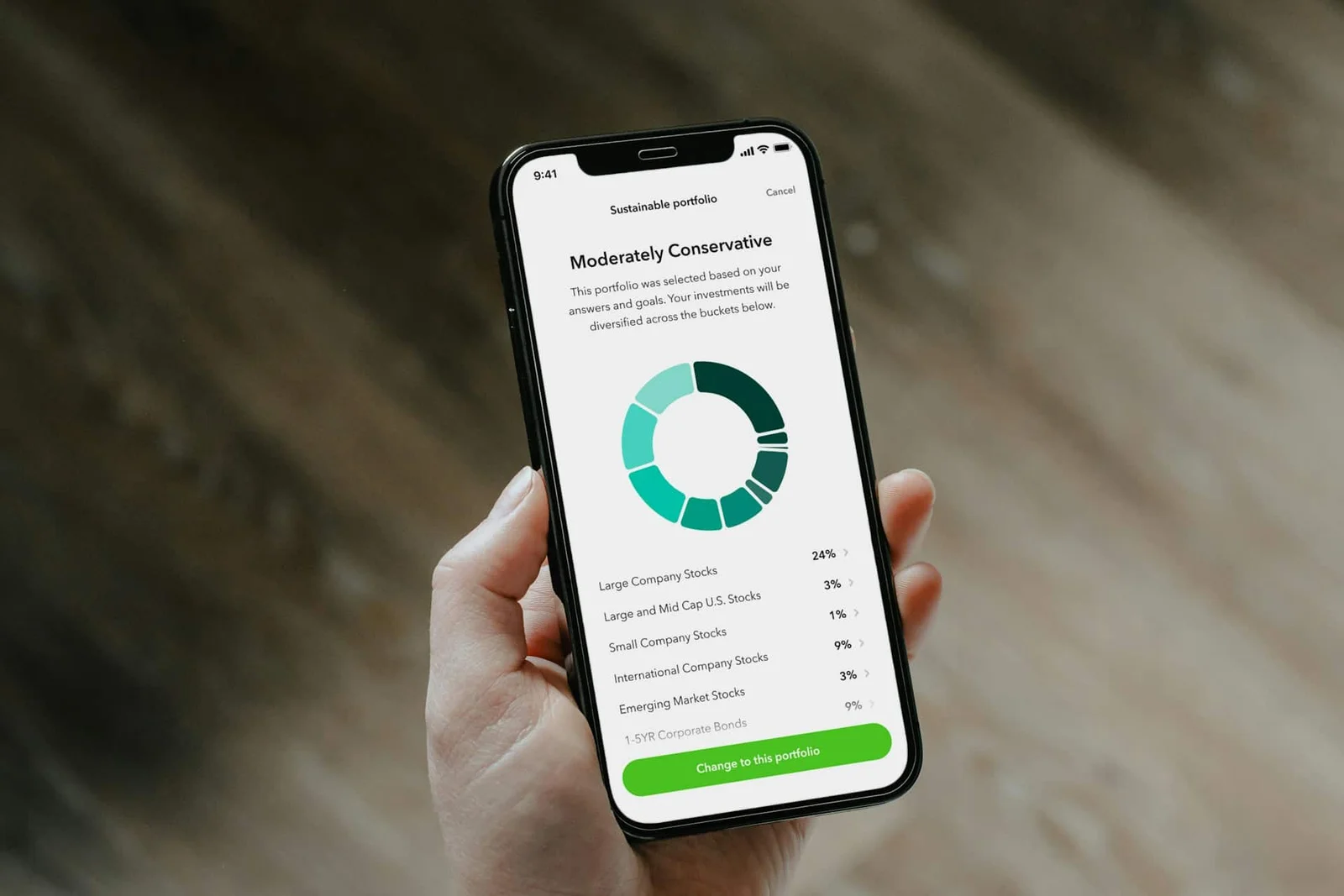Diversification is a crucial strategy in the realm of investments for creating a strong and lucrative portfolio. Debentures offer a compelling option for investors looking to explore opportunities beyond the usual ones and expand their financial knowledge.
This article will discuss fundamental ideas and explain in a straightforward manner the key elements related to debentures. It will explore their definition, functionality, and the reasons they can be a valuable asset in your investment portfolio.
Shall we go?
What do debentures refer to?
Debentures are financial instruments used by companies to raise funds, where investors lend money to the company in exchange for regular interest payments as a form of compensation for the loan, which also serves as an incentive for investors.
Debentures operate in a straightforward manner. For instance, if a company requires funds to grow its operations, it can choose to issue securities in the financial market rather than opting for a bank loan.
Investors who are interested buy these securities, essentially providing funds to the company. In exchange, the company agrees to pay interest at specified intervals, typically every six months.
What sets debentures apart from stocks?
Nature of investment
Debentures are debt securities issued by companies to raise funds, while shares represent ownership in a company, offering profit opportunities through share valuation and dividend payouts.
ROI
Debentures typically provide more reliable returns as the interest and repayment of the principal amount are predetermined, with the main risk being the company’s payment capability.
Returns from stocks can vary more due to market and company performance, offering the potential for higher profits.
Receipt priority
Debenture holders have priority over shareholders in receiving payments in case of company bankruptcy or liquidation. Shareholders are at the bottom of the payment hierarchy and are the last to receive any due values in such situations.
Stocks are typically more liquid than debentures because they can be easily traded on the stock market, whereas debentures may have lower liquidity, making it challenging to find buyers before maturity.
Type of financial commitment
Debentures are viewed as fixed income investments, while shares are seen as variable income investments, ideal for investors seeking higher returns and willing to take on more risks.
Reasons why businesses offer debentures and the entities authorized to issue them
Companies opt to issue debentures for various reasons. One key advantage is that it enables companies to raise capital without reducing the ownership stake of existing shareholders, which differs from issuing new shares.
Debenture interest rates can be more appealing than traditional bank loan rates, attracting companies looking for funding. Issuing debentures also diversifies a company’s financing sources, lessening reliance on bank or equity loans.
The issuance of debentures requires a thorough evaluation by investors and rating agencies to evaluate the credit risk of the company issuing them. Businesses with strong financial stability, a history of timely payments, and coherent business strategies are more likely to be successful in issuing debentures.
Types of bonds
Convertible debentures are bonds that can be converted into a specified number of shares of the issuing company’s common stock at the bondholder’s option.
Investors interested in potential future stock value increase may find these debentures appealing as they can be converted into company stocks at a predetermined rate after a specific timeframe.
Basic bonds
Simple debentures are debt securities in which a company agrees to repay investors the principal amount along with interest on specified dates. They are a straightforward and uncomplicated method of raising funds.
Debentures that have been advanced.
Infrastructure debentures, also called infrastructure bonds, are issued to finance infrastructure projects within the country and provide tax advantages to investors, such as exemption or reduced taxes.
Debentures that are frequently seen
These are assets that lack unique features such as convertibility, interchangeability, or profit-sharing with the issuing company. They operate like conventional loans, providing investors with interest on their investment.
Debentures that can be exchanged
Holders of this type of debenture can exchange them for shares of a different company, typically associated with the company that issued the original debentures. This option enables investors to diversify their investments similar to convertible securities.
Debentures that last indefinitely.
They are debentures without a specific maturity date, meaning the company pays interest indefinitely without the need to repay the principal. These debentures are less common but typically offer higher interest rates.
Participation in debentures
Investors holding these debentures are entitled to a share in the company’s profits as well as a fixed interest rate, along with a portion of gains, potentially increasing their appeal in scenarios of company growth.
Debenture yield
Debentures provide various income options, enabling you to select the one that suits your financial goals and the current economic conditions. These options include fixed, variable, and hybrid remuneration.
Debentures with predetermined terms
The interest rate is set at the start and remains unchanged for the duration of the investment, ensuring that the investor is aware of the total debenture yield from the outset.
Debentures issued after a specific date
Post-fixed investments link their earnings to a specific indicator, like inflation index (IPCA) or the basic interest rate (Selic), with profits determined at the end of the investment term, subjecting investors to fluctuations of the selected indicator.
Debentures with a combination of remuneration types.
These bonds blend elements of fixed and variable yields, offering a mix of stability and potential returns for investors looking for a balanced investment option.
When selecting from various income options, it is important to take into account factors like the current economic situation, future expectations, and your investor profile. Conservative investors may opt for fixed-rate income due to its predictability, while those open to higher risks may choose variable-rate income to benefit from strong economic indicators.
Costs and taxes
Rate of emission and storage
When you buy debentures, you might have to pay a fee set by the financial intermediary and possibly incur additional charges for custody by certain institutions to ensure the security of your investments.
Income Tax (IR) – Tax on income
The income earned is taxable, with the income tax rate decreasing as the investment duration increases.
Financial Operations Tax (IOF)
IOF can prioritize returns on short-term investments, which is particularly important for short-term uses.
Opportunity cost
It’s important to keep in mind that the opportunity cost should be taken into account when making investments, as the returns may vary compared to other investment options in the market.
Summary
Before making an investment, it is crucial to understand these factors and assess how costs and taxes will affect your profits. Additionally, taking into account the investment timeframe, the type of bond, and your financial plan can assist you in making well-informed decisions that align with your objectives.











Comments